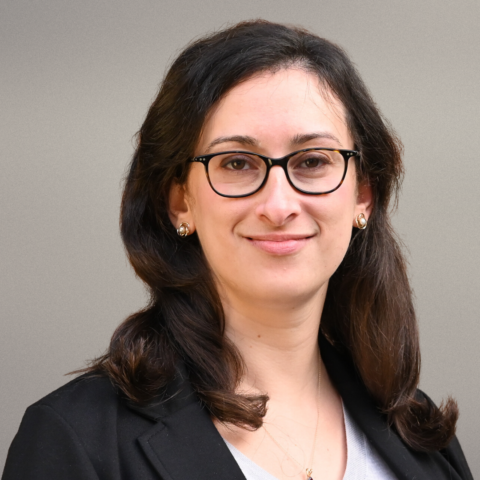
“There is a need for more sharing of experiences from those who have worked on concepts like Living Income; and there is an appetite from those in the room who don’t know about it.”
These were the words of George Watene, GCP’s Program Manager for Kenya, on the platform’s participation at the 20th African Fine Coffees Conference and Exhibition held in Addis Ababa in February. GCP participated to share lessons learnt and key insights on Living Income, its efforts to advance prosperity through the work of the GCP Network of Country Platforms, and to share concrete examples of approaches taken to address key coffee sustainability issues in Africa and beyond.
“It was clear that participants were keen to take on the lessons as they engage in this [Living Income] journey.”

The statements were made during a special panel on the topic of Living Income, moderated by Chris Wunderlich of Agrofuturo Global/ICO, which saw GCP’s Lauren Weiss and George Watene join Dr. Vanusia Nogueria, International Coffee Organisation (ICO); Joost Backer, NewForesight; and Dr. Celestin Gatarayiha, Inter-African Coffee Organisation (IACO), to discuss farmer prosperity and the collaboration required at the national, regional, and international level to achieve it.
GCP gave insights into how it is using the GCP Country Plans on Farmer Prosperity to build on the work of the ICO and its partners to help close the Living Income gaps of smallholder coffee farmers. ICO’s work has focused on identifying Living Income benchmarks and determining the Living Income gap, while GCP together with the respective multistakeholder Country Platforms then looks to action strategies for closing the living income gaps towards farmer prosperity – but in a collective, pre-competitive way so that we are fostering transformation at scale, not just creating “oases of success in a desert of poverty”.
This approach was reaffirmed through the memorandum of understanding signed by GCP and ICO in 2023 at the World Coffee Conference in which the organizations renewed their commitment to coffee sustainability collaboration using the complementary strengths of each partner, highlighting the importance of innovation and effective public-private cooperation in advancing farmer prosperity and coffee sustainability.
“African origins, like many others across the globe, have large living income gaps, which makes GCP’s work relevant for ensuring the future of coffee on the continent,” said Lauren Weiss, GCP Program Manager Countries and Partnerships. “Providing the case study of the Kenya Living Income study, which was commissioned by the Kenya Coffee Platform, and then the resulting strategies that have been identified to help close the Living Income gap made it a concrete example for the audience to engage with and allowed participants to draw parallels to their own country contexts, as low productivity is a common issue across origins in Africa.”
Advancing Africa’s coffee sustainability
The annual event is one of the main forums to convene public and private coffee stakeholders at the regional level in Africa. It is a chance to discuss challenging coffee issues with peers and co-create solutions and, where possible, contributing to farmer prosperity and coffee sustainability.
For Samson Emong, Country Coordinator in Uganda, AFCA is an opportunity for continuous learning. “It allows the sharing of experiences, lobby and advocating for African origins, and most importantly fostering business to business exchange.”
For Lauren Weiss, the event was an opportunity to demonstrate that GCP is active in the region and places a strong importance on African coffee.
“It gives GCP a chance to gauge what are the biggest challenges the African coffee sector is addressing, and how to collaborate to work together to address them.”
